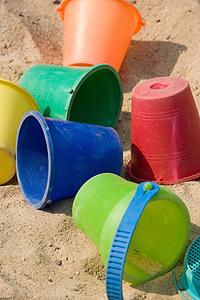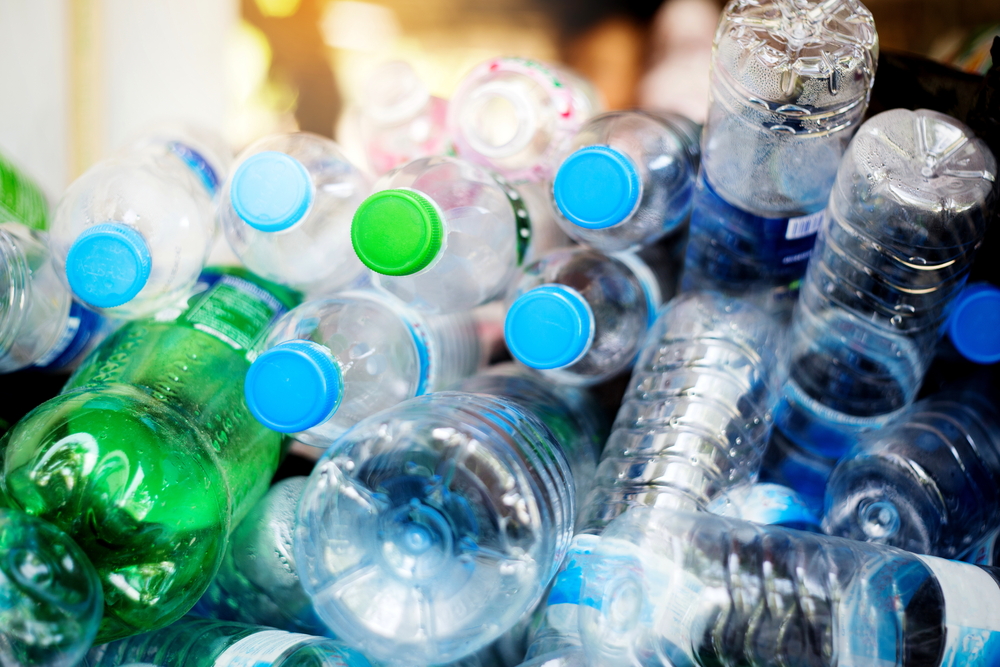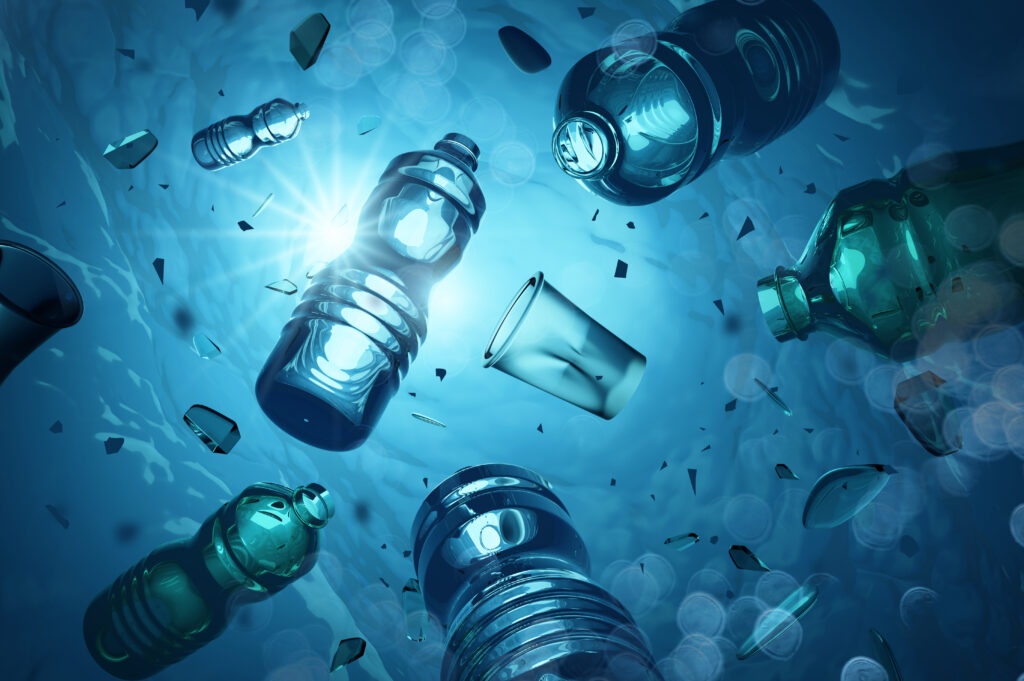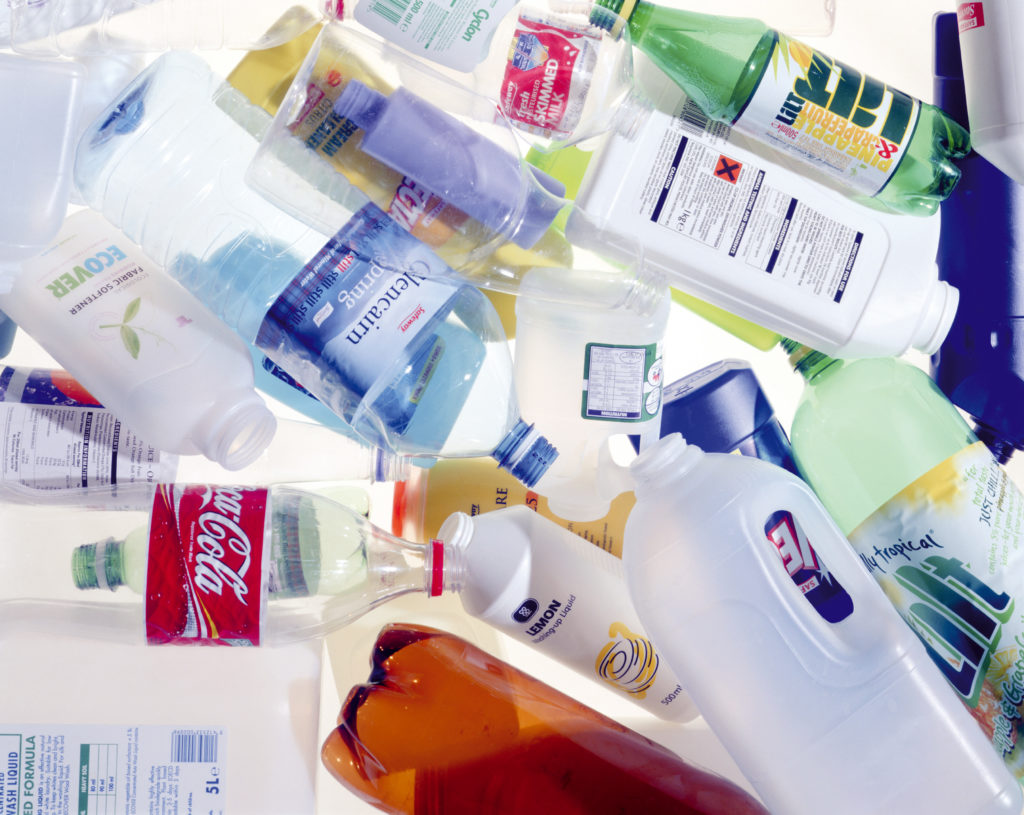The proposals, unveiled by the Environment Agency and WRAP this week, would mean that once fully recovered, the plastic would no longer be considered a “waste” under UK law.
It would mean cutting the red tape involved with storing and selling the recycled material, and should help with the marketing of the plastics, since it would be legally classed as a “product”, not a waste.
The consultation closes on March 3, 2008, and will be key to determining at what point a non-packaging plastic can be said to be fully recovered, with regulatory controls for waste no longer required.
It is likely to see some kind of specification required for the finished plastic product before it is sold on to markets like the construction, automotive and landscaping industries.
Martin Brocklehurst, the Environment Agency's head of external programmes, said: “A Quality Protocol saves business the time and costs associated with meeting waste regulations, by clearly defining the standards required to collect, transport, store, recycle and reuse non-packaging plastic, without risking human health and the environment.
“By adhering to a Quality Protocol, recycled non-packaging plastic loses the ‘waste' tag, which makes it more marketable while guaranteeing customers that the material they buy meets agreed quality standards. The Quality Protocol could result in CO2 savings of over 70,000 tonnes over the next 10 years,” he added.
Contract
Under the proposed Protocol, it must be proven that a contract is in place between buyer and seller, the plastic must be reprocessed to an agreed specification and there must be no adverse effects on the environment.
The Environment Agency said if these requirements are met, processed non-packaging waste plastic will normally be regarded as having ceased to be waste when it is dispatched to the customer.
Any material without an end market could become a waste again if it is disposed of or stored indefinitely.
A Technical Advisory Group (TAG), which included representatives from the plastics industry, was set up to assess the viability of a Quality Protocol for non-packaging waste plastic.
I think the Protocol is a good thing. It will particularly benefit the WEEE recycling sector.
Mark Burstall, BPF Recycling Council
In a report published by the group, it stated that non-packaging plastic waste does not have to be melted to be suitable for use in making a finished product, so can either be sold as pellets or flakes, as long as it meets the criteria outlined above. This is different to present regulations which do require it to be melted into pellets to be declassified as a waste.
TAG members include Roger Morton from Axion Recycling, Sabrina Rubio from Veolia Environmental Services, Peter Davis and Mercia Gick from the British Plastics Federation and Mark Burstall from the British Plastics Federation Recycling Council.
Mr Burstall said: “I think the Protocol is a good thing. It will particularly benefit the WEEE recycling sector which produces granules, as well as pellets.”
He also explained that in some cases reprocessors are supplying pellets when granules would do because the latter is classified as a waste. This means that more energy is used to melt the granules, leading to higher carbon emissions which would be reduced under the Protocol.
Richard Swannell from the Waste and Resources Action Programme said the UK plastics recycling industry could see an expansion as a result of the Protocol
He explained: “A Quality Protocol will stimulate growth in the reprocessing sector here in the UK, ensuring more non-packaging plastic is recycled and doesn't end up in landfill. With the launch of today's consultation, we are keen to hear comments and feedback on these proposals.”
Consultations on the Quality Protocol for the production of cullet from waste flat glass and waste vegetable oil are also underway. Another two are set to launch next month – one for tyre-derived rubber materials and another for pulverised fly ash.
A Quality Protocol has already been developed for compost and Derbyshire firm Vital Earth became the first firm to receive accreditation for its product in October (see letsrecycle.com story).










Subscribe for free